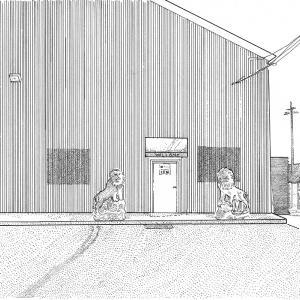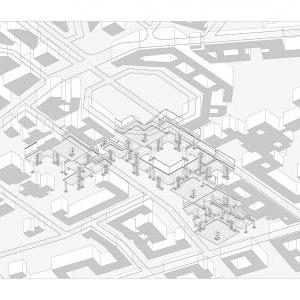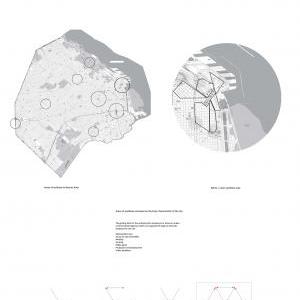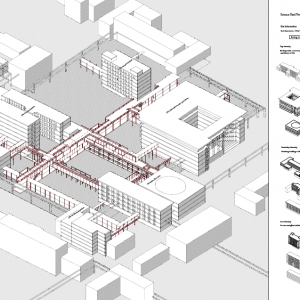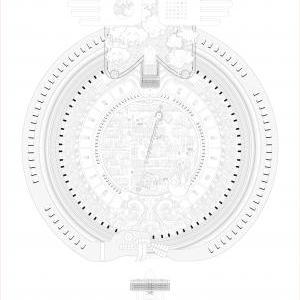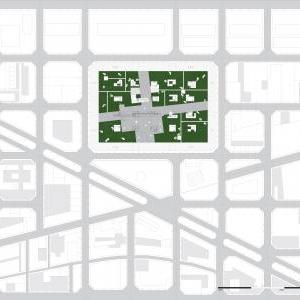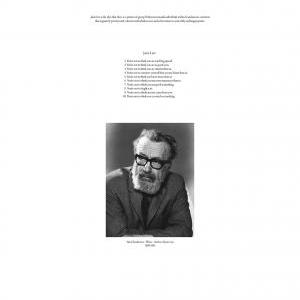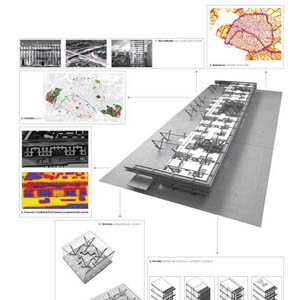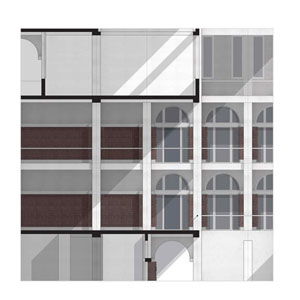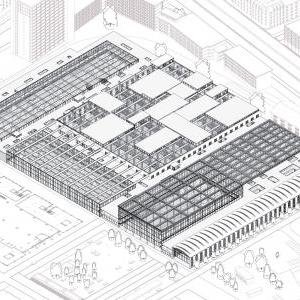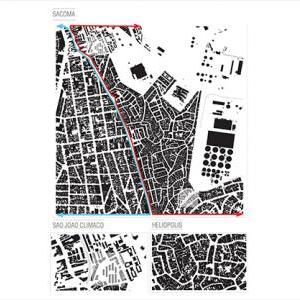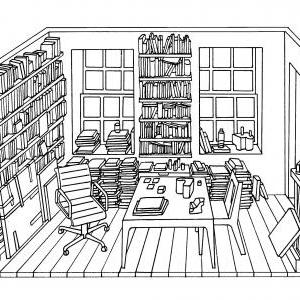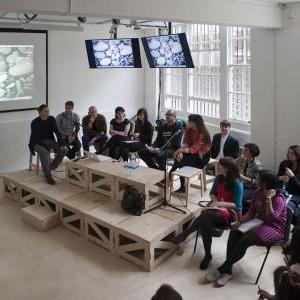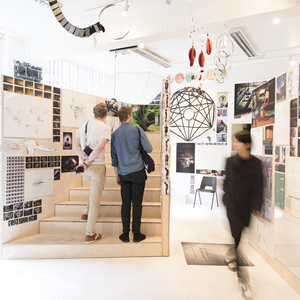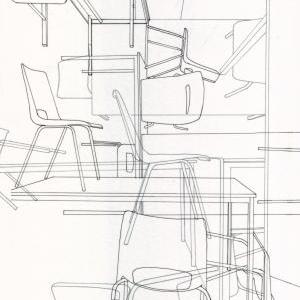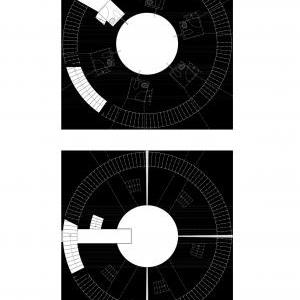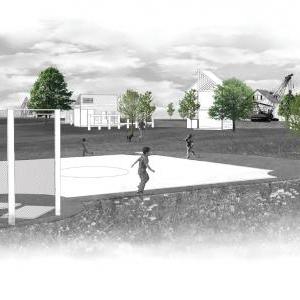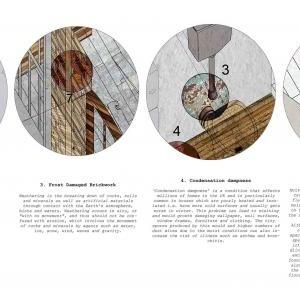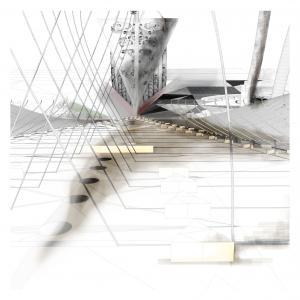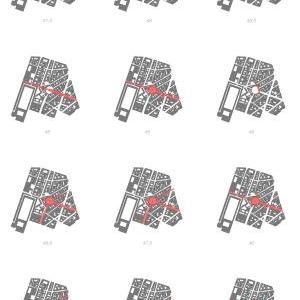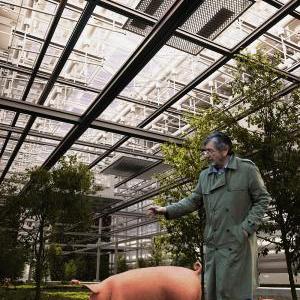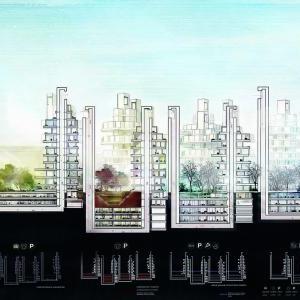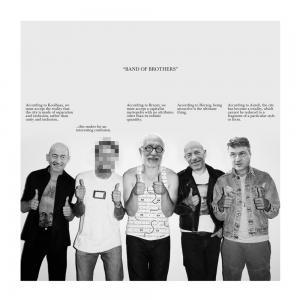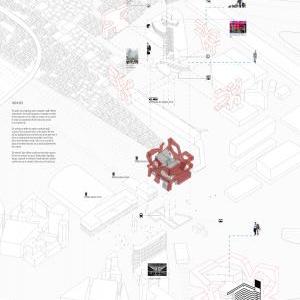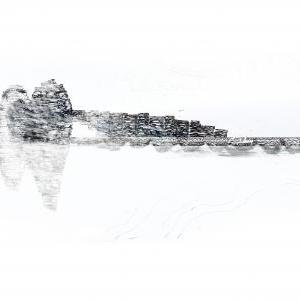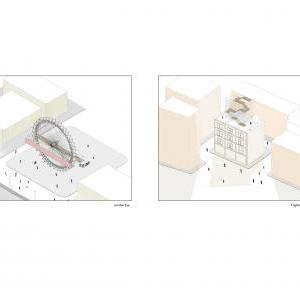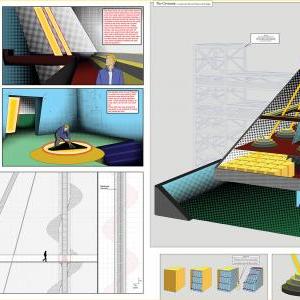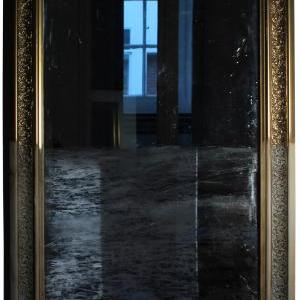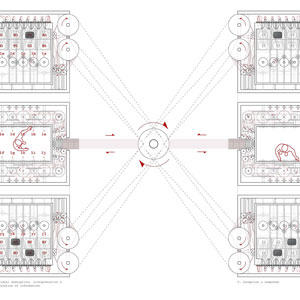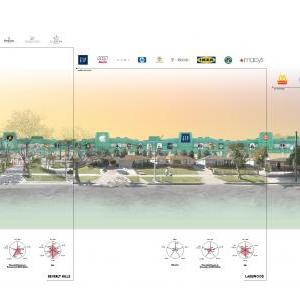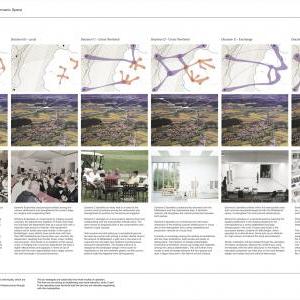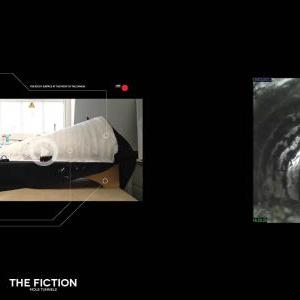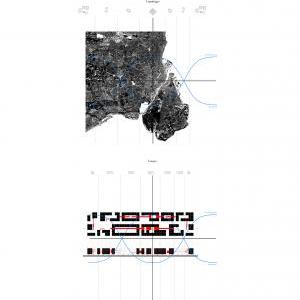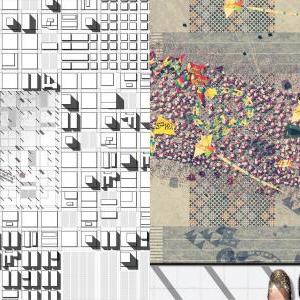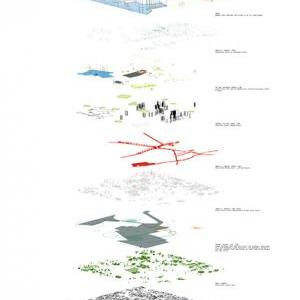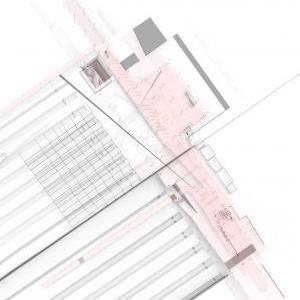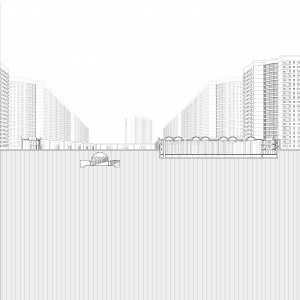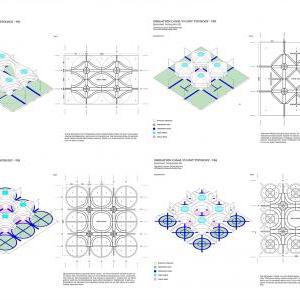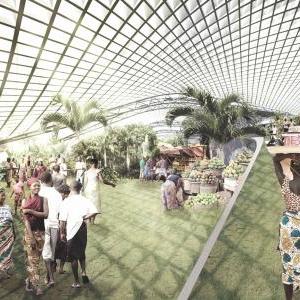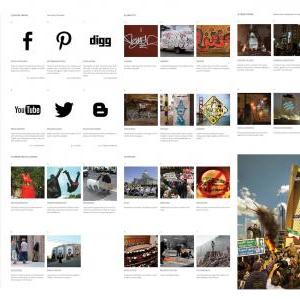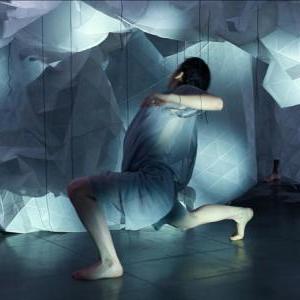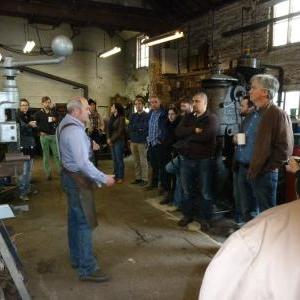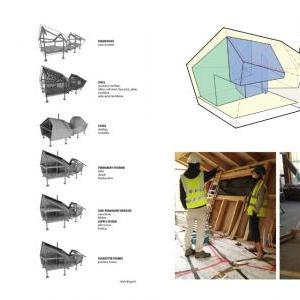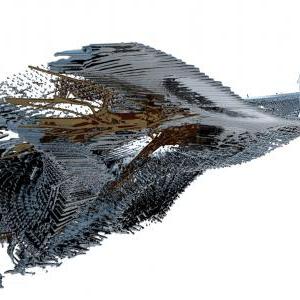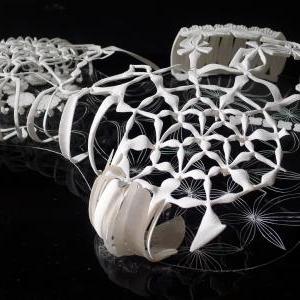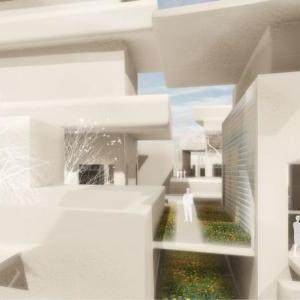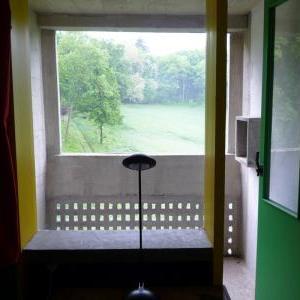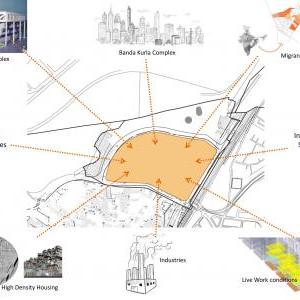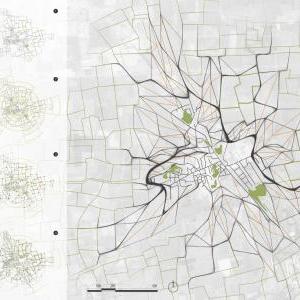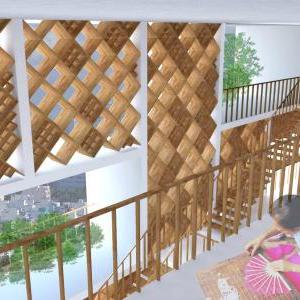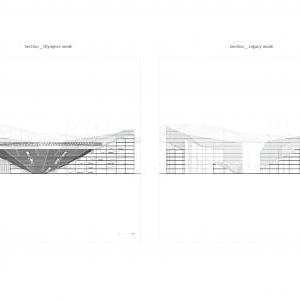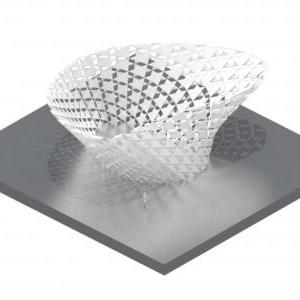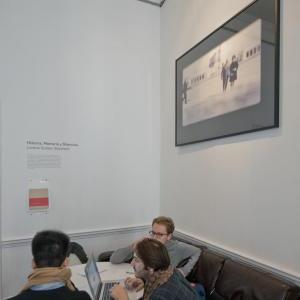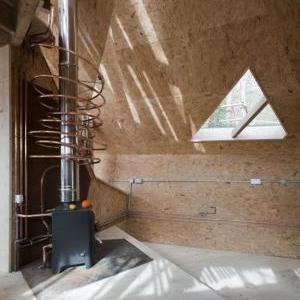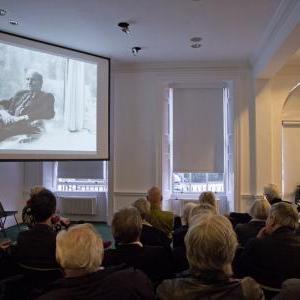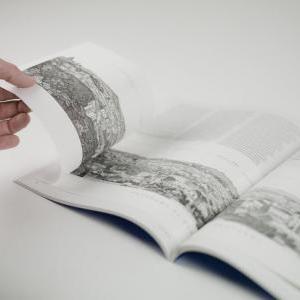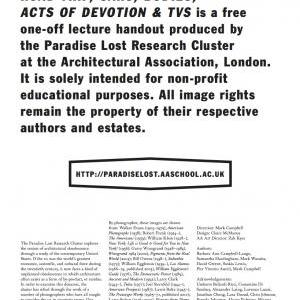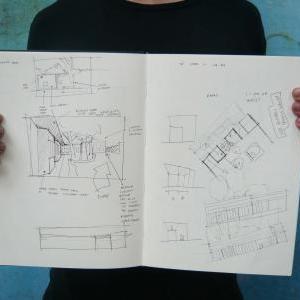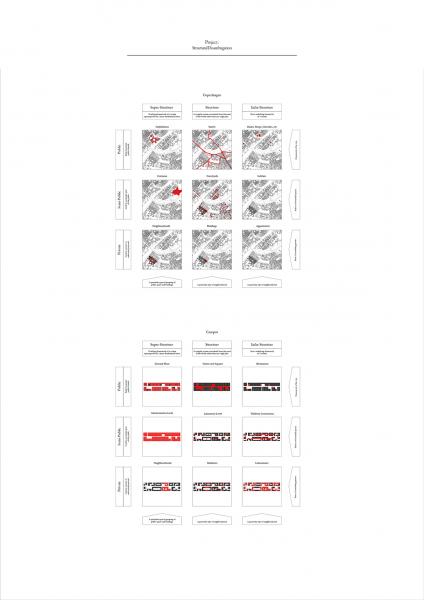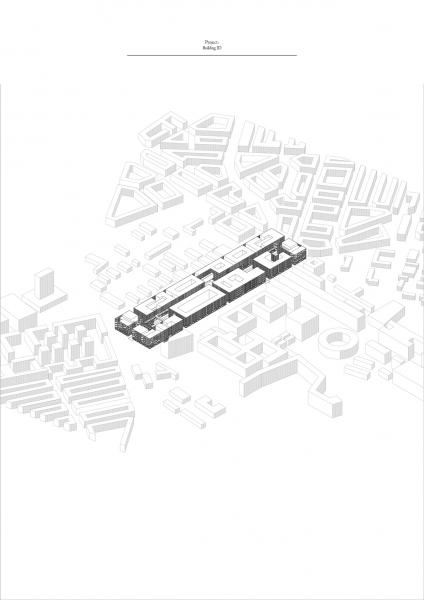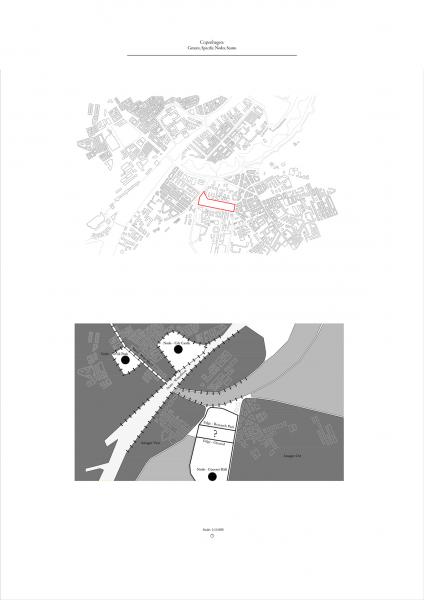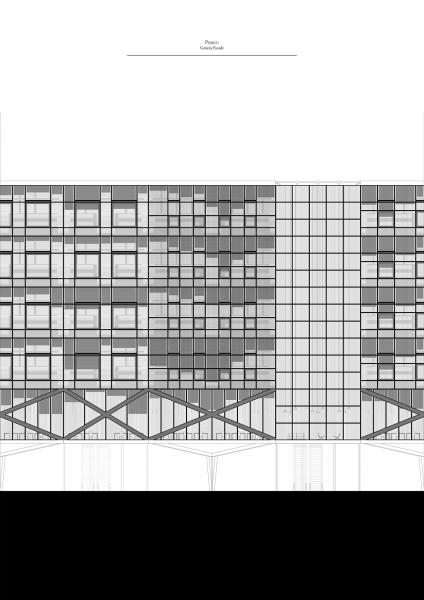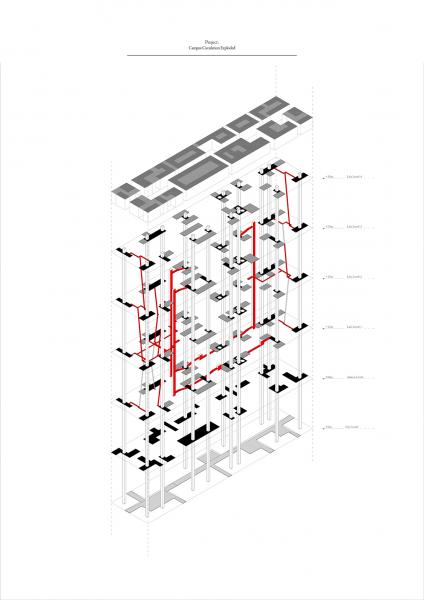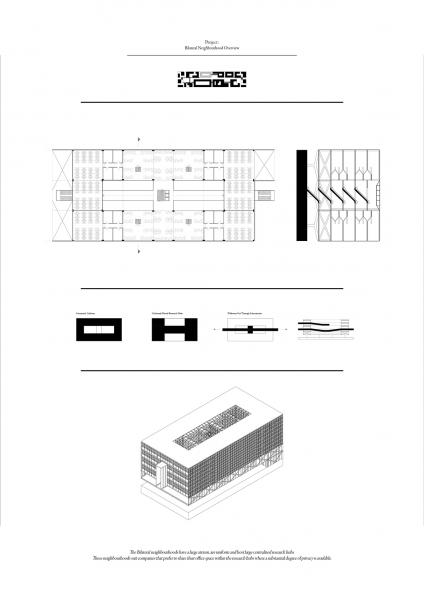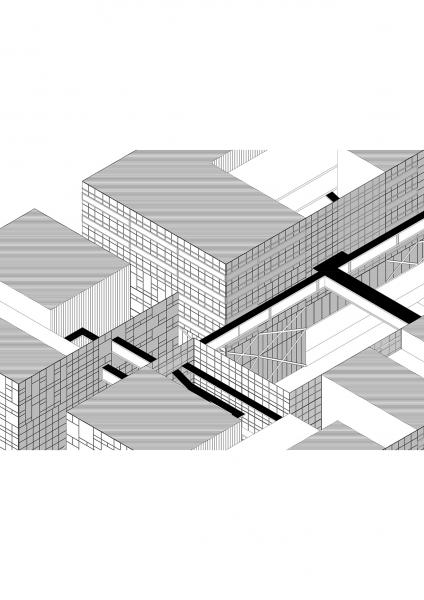Diploma 8’s recurrent agenda of the Corporate Domain has always served as a device to approach architecture as a function of the city. The unit attempts to participate in the greater discourse of architecture as a language and maintains that such a pursuit can, and perhaps should, most urgently be reified by the built form. Adopting architectural theses on the structures of typology, complexity and concepts of form, the unit integrated what it considers the dominant constituent of the contemporary city: the Corporate Domain. Whilst initial research focused on the development of postwar corporate precedents, student projects dealt mostly with speculative proposals that questioned and problematised the current condition of the city, and an unstable and evolving notion of ‘corporation’.
With a body of projects developed under the same agenda during the preceding two years, current students were in a position to both exercise the brief and critically redefine some of its inherent assumptions. Beyond the unit’s tendency of understanding the Corporate Domain as an element or protagonist of architecture and the city, current projects affirmed the value of assaying such architecture as a complex series of relationships that are products and components of larger processes. Though fundamentally inclusive of social and cultural relationships, the primary connection between student arguments and their projects was placed at the level of form. Projects sought to challenge the idea of architectural form only as a process, in favour of a notion of architecture as a practice aimed at a discourse. This year’s student projects offered a brief yet incisive argument for a more descriptive architectural enquiry.
Unit Master
Eugene Han
Visiting Jurors
Pier Vittorio Aureli
Andy Bow
Barbara-Ann Campbell-Lange
Javier Castañón
Ryan Dillon
Oliver Domeisen
Shin Egashira
Maria Fedorchenko
Francesca Hughes
Sam Jacoby
Tobias Klein
Marina Lathouri
John Palmesino
Theodore Spyropoulos
Carlos Villanueva Brandt
Thomas Weaver
Michael Weinstock
Andrew Yau
Alumni Contributors
Hussam Dakkak
Nora Nilsen
Beom Kwan Kim
Sakiko Watanabe
Gustav Düsing
Jan Kocjan
My architectural concern is dealing with an urban void in the city of Copenhagen, Denmark. I propose to bridge a recurring city typology on the two ends of my site.
In Scandinavian countries there is an unwritten law of social interactions called the Jante Law. The basis of it is that individualism and intentional standing out is looked down upon.
I believe that the national mentality of the Danes characterized by the Jante law reflects in the way the city of Copenhagen looks. The city is very uniform, and in this uniformity, there are different types of neighbourhoods with distinct characteristics.
My campus is built out of repetitive blocks that allow me to have great control of assembling different scenarios. The campus contributes to the city by reflecting the general Copenhagen identity. In a similar manner parts of the campus make up its own identity.
There is nothing particularly good or bad about the city to campus neighbourhood translation. However, I believe that a distinct characteristic of Copenhagen is that it is homogenous through its distinct neighbourhood typologies. My project is a testament to the city, where the essence of the image of the city is attempted to be shown.
